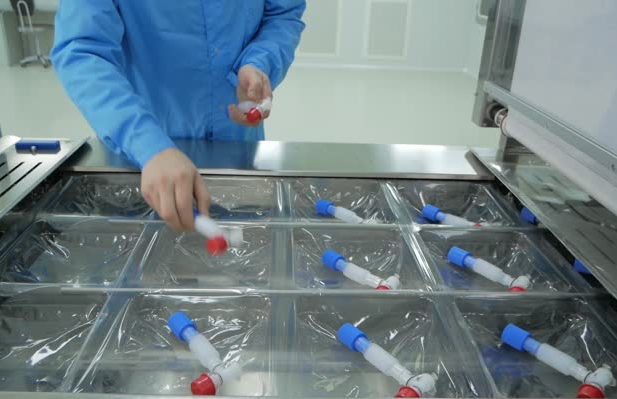
Dana-Farber Cancer Institute has announced the launch of the Center for RAS Therapeutics, a multidisciplinary initiative aimed at accelerating scientific research, improving treatment strategies, and advancing clinical care for patients with RAS-driven cancers. The new center will foster collaboration between Dana-Farber scientists and clinicians with industry partners and academic centers to speed up the development of targeted therapies for cancers driven by RAS mutations.
RAS is the most commonly mutated oncogene in human cancer and is found in roughly 20% of all cancer cases worldwide. In the U.S. alone RAS-driven cancers account for 260,000 cases annually and 3.4 million cases globally. RAS mutations are most prevalent in lung cancer (32%), pancreatic cancer (92%), and colorectal cancers (54%) and typically have poorer prognoses and lower survival rates than cancers without these mutations.
“RAS is a major driver of some of our most challenging cancers, including lung, pancreatic, colorectal, and endometrial cancers, among others,” said Alice Shaw, MD, PhD, a thoracic medical oncologist who was recently appointed chief of strategic partnerships at Dana-Farber. “Recently, there has been an explosion of new therapies targeting RAS-driven cancers, which has created unprecedented opportunities to help patients but has also revealed important challenges. This new center will enable coordinated efforts among Dana-Farber researchers to advance the most promising new therapies to patients as rapidly as possible.”
The Center for RAS Therapeutics will be co-directed by Shaw and Andrew Aguirre, MD, PhD. Shaw has led efforts in the development of targeted therapies for lung cancer and has significant experience developing RAS inhibitors. Aguirre, a gastrointestinal medical oncologist, is a physician-scientist at Dana-Farber and the Broad Institute of Harvard and MIT leading a lab focused on RAS biology in pancreatic cancer. His research group is well known, having published a number of studies on RAS treatment resistance.
A significant part of the center’s mission will be to support the development of novel RAS inhibitors, many of which are already in clinical trials or in advanced preclinical studies. Dana-Farber is also currently running a number of clinical trials focused on potential new therapies for RAS-driven cancers. One of the critical goals of the center is to improve treatment outcomes by addressing the challenge of resistance to RAS inhibitors.
“While RAS-targeting therapies hold tremendous promise, treatment resistance remains a significant problem that will require innovative combination therapy approaches,” said Aguirre. “The landscape of new RAS inhibitors is highly complex, and centralized expertise is necessary to determine the right drug or combination of drugs for every patient. We will work closely with other academic and industry partners with the goal to improve our understanding of treatment resistance across tumor types, to discover new vulnerabilities in RAS-driven cancers, and to conduct the most efficient clinical trials of new therapies.”
Dana-Farber has been a leader in cancer care and research for decades, particularly in advancing treatment strategies for difficult-to-treat cancers. The institution’s history of success in clinical trials and drug development positions it well to lead efforts in this area of cancer research.
Some of the approved therapies that target RAS mutations in cancer include sotorasib and adagrasib for the treatment of non-small cell lung cancer (NSCLC) with the KRAS G12C mutation. RAS inhibitors are also used to treat colorectal cancers, with new treatments in clinical studies for pancreatic cancer.
For more information about the Center for RAS Therapeutics can be found here.








![Best Weight Loss Supplements [2022-23] New Reports!](https://technologytangle.com/wp-content/uploads/2022/12/p1-1170962-1670840878.png)




